How Trump’s Senior Adviser, Lebanese American Billionaire Massad Boulos, Could Transform U.S.-Arab Relations
The president-elect names daughter’s father-in-law as Senior Adviser for Arab and Middle Eastern Affairs
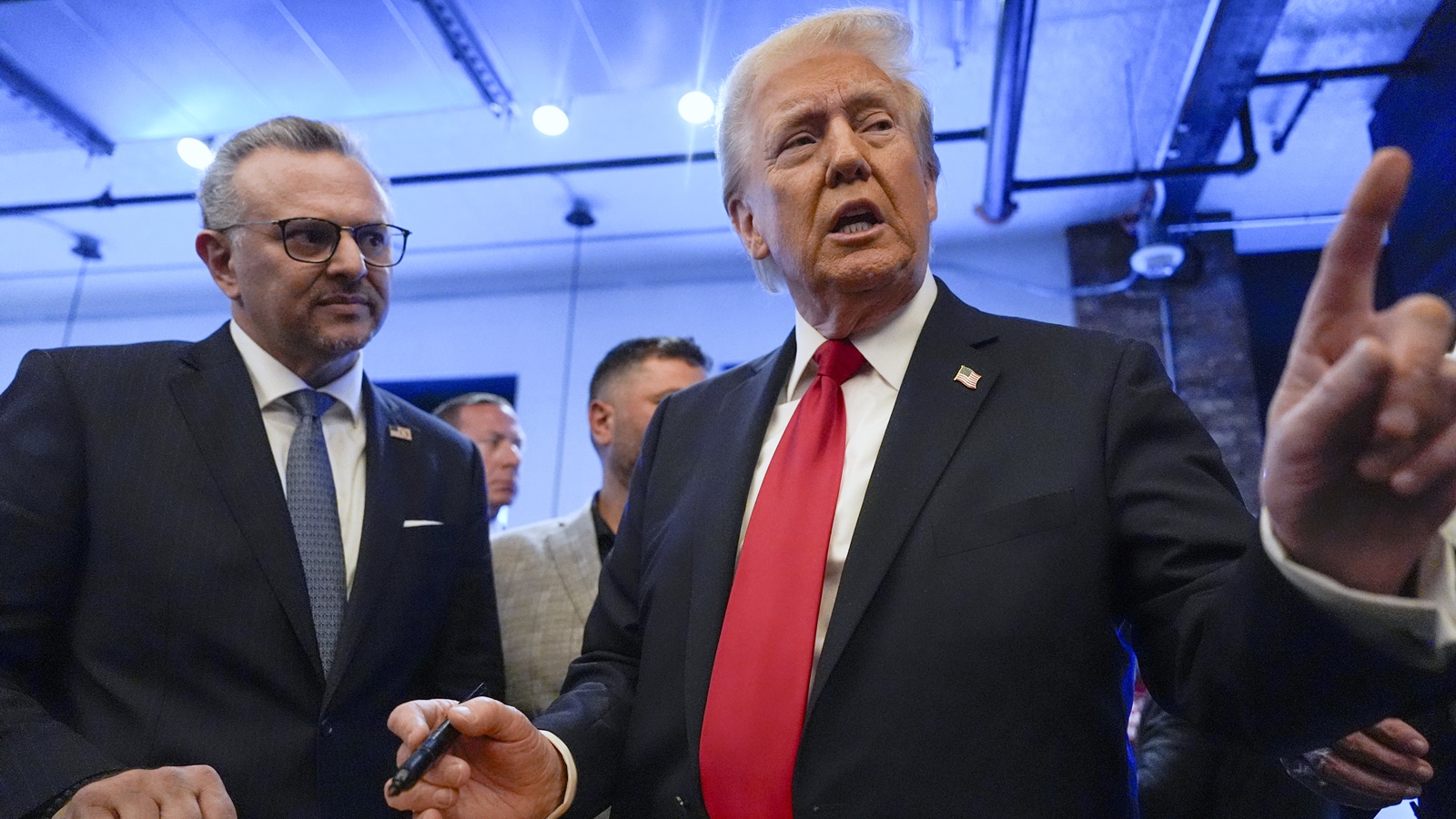
Photo credit: Julia Demaree Nikhinson
As the dust settles after the 2024 presidential election, a spotlight shines on one of Donald Trump’s most intriguing new appointees: Massad Boulos.
Recently named Senior Adviser for Arab and Middle Eastern Affairs in Trump’s administration, Boulos brings an extraordinary international pedigree to one of the most sensitive and challenging roles in global politics.
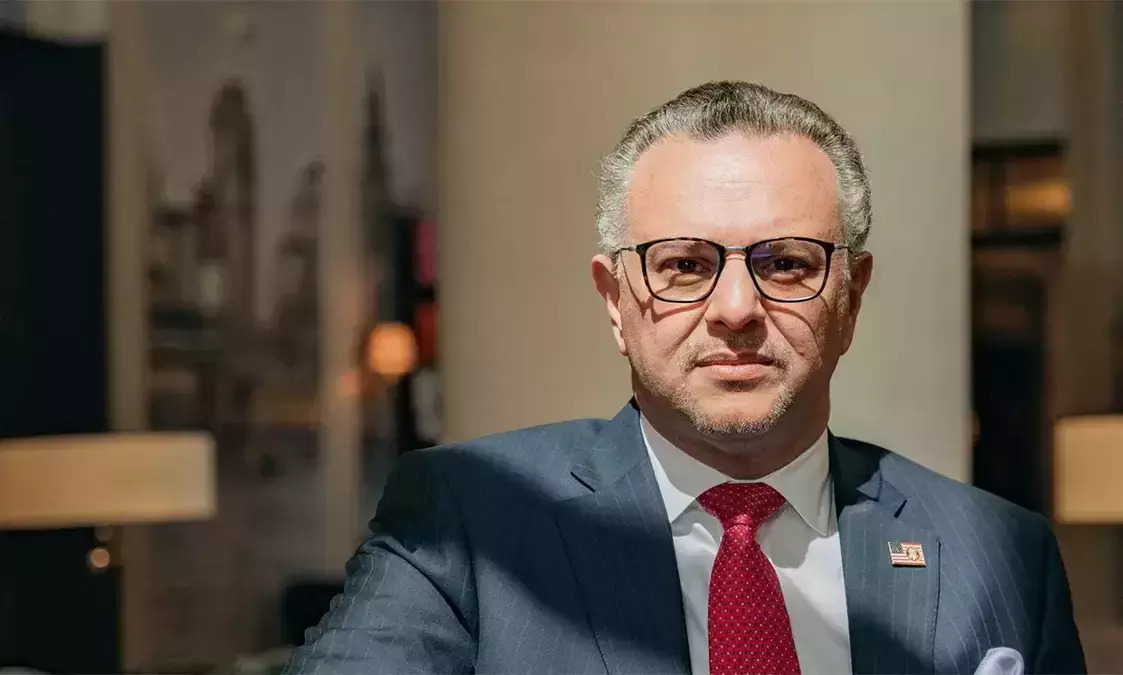
Born into a politically connected Greek Christian Orthodox family in Lebanon, Boulos’ path to this high-profile appointment is as dynamic as it is unconventional. Leaving Lebanon as a teenager, he moved to Texas to study law at the University of Houston. Over time, he built an empire as the CEO of a billion-dollar conglomerate in Nigeria.
Today, he holds U.S., Lebanese, Nigerian, and French citizenship and is fluent in Arabic, English, and French—a truly global citizen now stepping into a role that places him at the heart of U.S.-Middle East diplomacy.
The Trump Connection
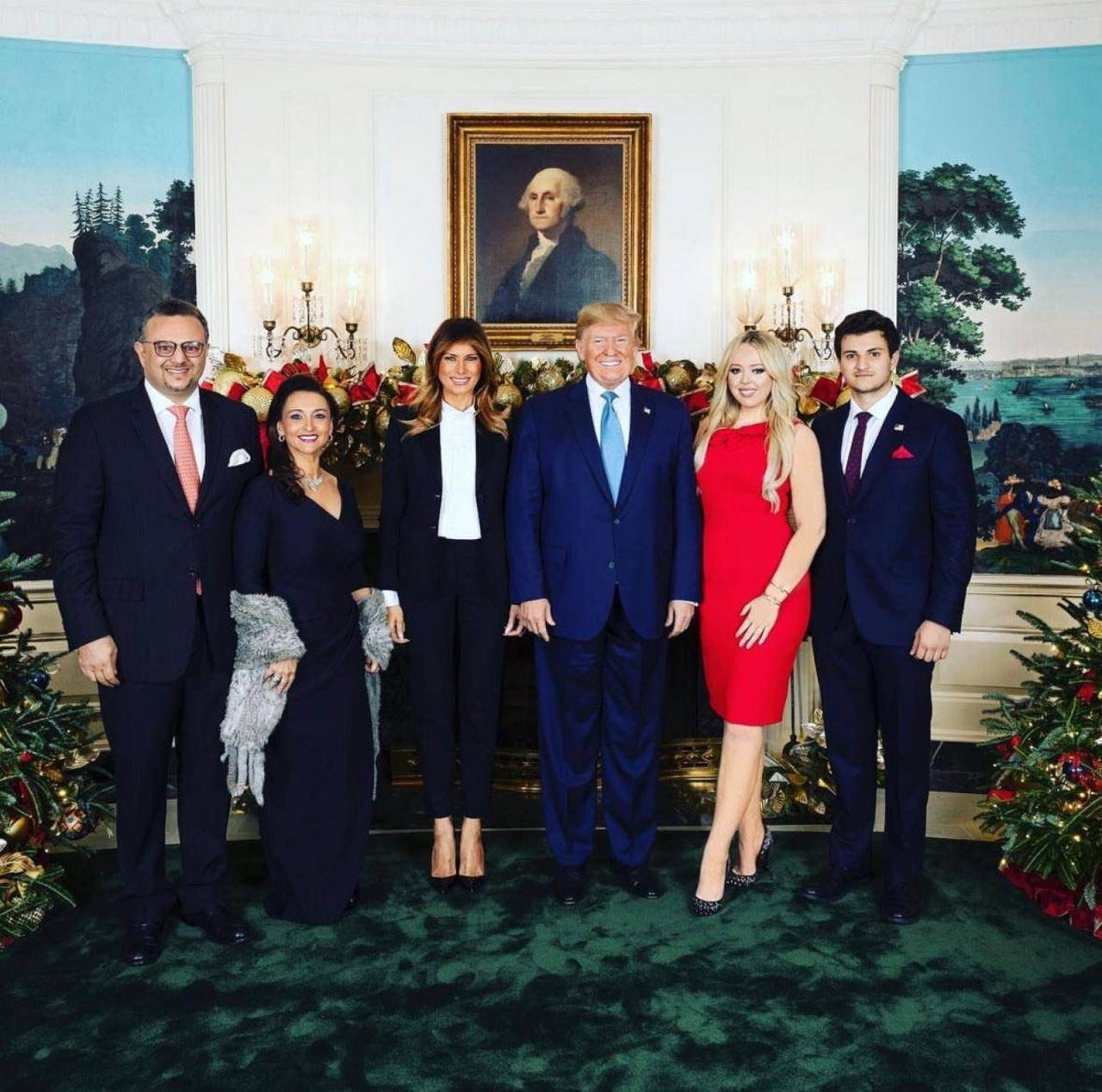
Boulos’ connection to the Trump family has played a key role in his rise to political prominence. His son’s marriage to Trump’s youngest daughter, Tiffany, in 2022 thrust him into the political spotlight. A self-described longtime Republican, Boulos supported Trump in the 2016 election and was instrumental in building coalitions with Arab American communities during the 2024 campaign.
Trump described Boulos as a “dealmaker” and an “unwavering supporter of peace in the Middle East,” praising his business acumen and international experience. This endorsement came as Boulos led outreach efforts to Arab and Muslim voters, a strategy that proved pivotal in states like Michigan, home to Dearborn, the largest Arab-American-majority city in the U.S.
In a historic shift, Kamala Harris, the Democratic presidential candidate, received only 36% of the vote in Dearborn, compared to Biden’s 2020 performance. Trump garnered 42%, and Green Party candidate Jill Stein secured 18%, marking a significant political realignment driven by disillusionment with the Biden administration and its perceived neglect of Arab and Muslim concerns.
The Middle East Challenge
Boulos steps into this role amid heightened tensions in the Middle East, particularly following the tragic events in Gaza. His appointment raises questions about his ability to address long-standing grievances and build bridges in a region fraught with conflict.
A seasoned diplomat and political actor, Boulos previously ran for a parliamentary seat in Lebanon in 2009.
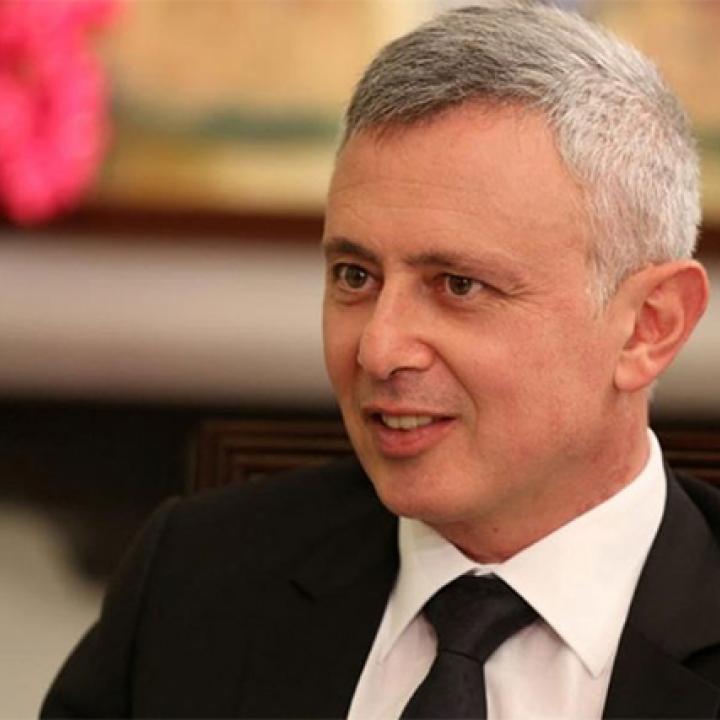 He maintains strong connections with influential Lebanese figures, including Christian politician Sleiman Frangieh, an ally of Hezbollah.
He maintains strong connections with influential Lebanese figures, including Christian politician Sleiman Frangieh, an ally of Hezbollah.
However, balancing these ties with Trump’s pro-Israel policies presents a significant challenge.
Trump’s first presidency was marked by controversial moves, including relocating the U.S. embassy to Jerusalem, recognizing Israeli sovereignty over the Golan Heights, and brokering the Abraham Accords, which many critics argue sidelined Palestinian interests.
These policies have been linked to the escalation of violence in the region, casting doubt on Trump’s claim that Boulos can act as a bridge between the Arab world and the West.
The Role of Arab and Muslim Voters
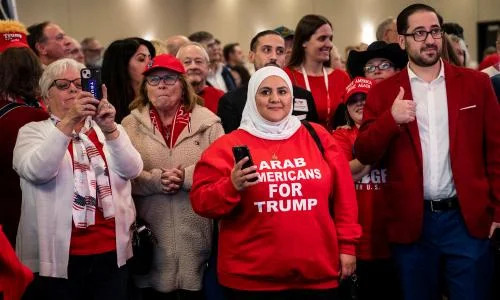
Boulos’ role in reshaping Trump’s approach to Arab and Muslim voters was instrumental in the 2024 campaign. Leveraging widespread dissatisfaction with the Biden administration, Boulos engaged directly with Arab media to convey Trump’s messages.
In an interview with Lebanon's LBCI News, he highlighted Trump’s record as the only modern U.S. president who did not start new wars, emphasizing his withdrawal of troops from the Middle East and Afghanistan.
"Regarding convincing Arab and Muslim voters, the tragic situation in Gaza is, of course, a top priority for Arab and Muslim voters today," Boulos said during the interview.
His ability to frame Trump’s policies as peace-oriented resonated with voters frustrated by the Biden administration’s perceived support for Israel despite allegations of war crimes in Gaza.
A Polarizing Administration
Despite Boulos’ diplomatic and cultural connections, his ability to shape Trump’s Middle East policies remains uncertain.
Trump’s selection of other key appointees—Mike Huckabee as ambassador to Israel and Marco Rubio as Secretary of State—signals a potential continuation of hardline, pro-Israel policies. Both figures have long histories of Christian Zionist advocacy, which could clash with Boulos’ efforts to promote a balanced approach.
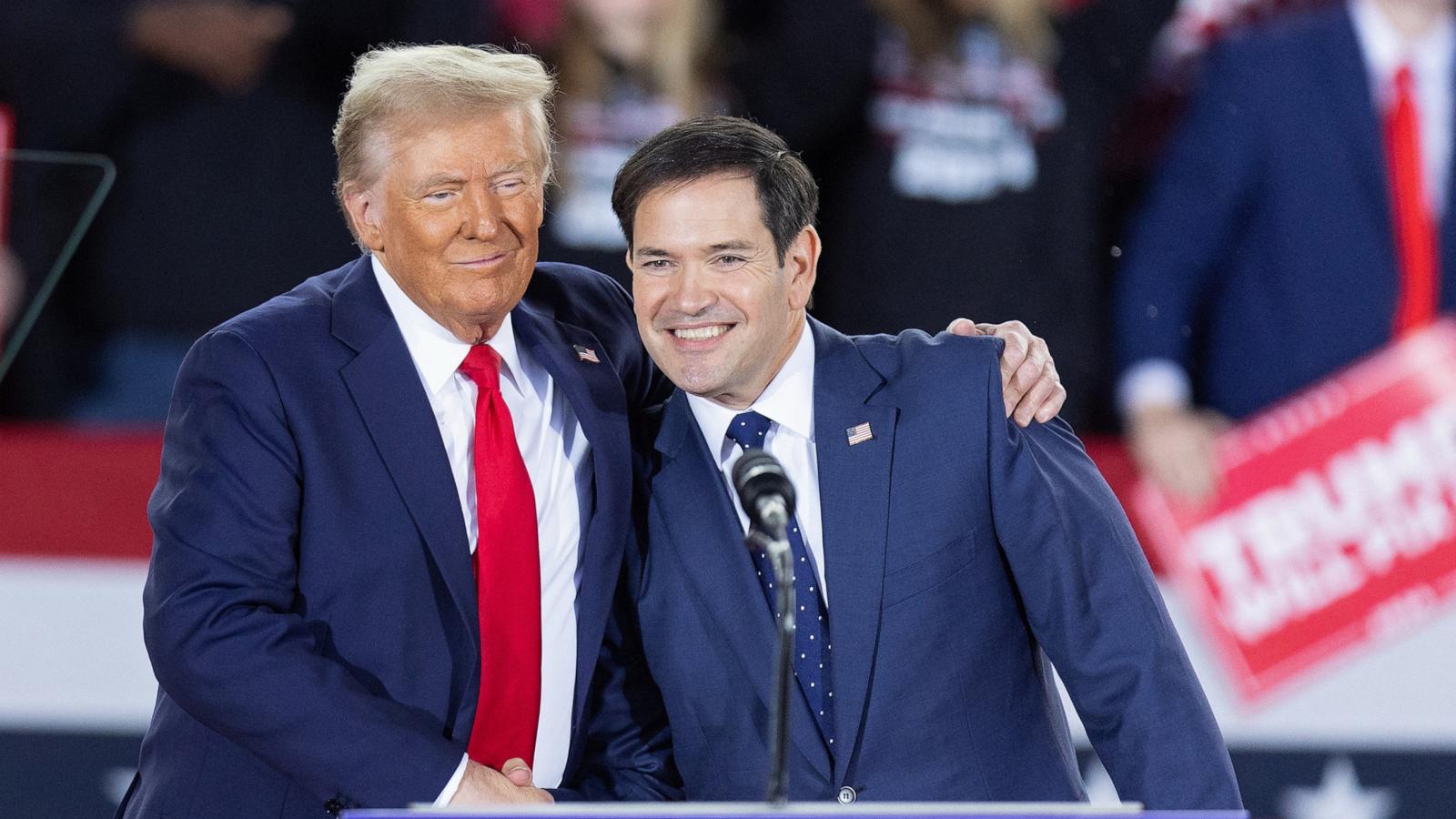 Former President and Republican presidential candidate Donald Trump greets Senator Marco Rubio during a campaign rally at the J.S. Dorton Arena in Raleigh, N.C., on Nov. 4, 2024.
Former President and Republican presidential candidate Donald Trump greets Senator Marco Rubio during a campaign rally at the J.S. Dorton Arena in Raleigh, N.C., on Nov. 4, 2024. These appointments raise doubts about whether Boulos can influence Trump’s second-term foreign policy in a way that prioritizes peace and reconciliation. For many, the question remains whether his personal ties and charisma can outweigh the administration’s entrenched ideological leanings.
A New Chapter or More of the Same?
Boulos’ appointment represents a complex intersection of personal connections, business acumen, and political savvy. His diverse background and deep ties to Arab and American communities offer a unique opportunity to bridge divides.
However, he faces significant challenges in overcoming Trump’s controversial first-term record in the region and navigating the internal dynamics of a team stacked with pro-Israel voices.
As Trump’s administration prepares to take office, all eyes will be on Boulos to see if he can fulfill his promise as a peacemaker or if his appointment will be another chapter in the Middle East’s fraught history with U.S. foreign policy.
For Arab and American Muslims, his performance will be a test of whether their shift in allegiance during the 2024 election was a gamble that paid off or a miscalculation in the fight for their voices to be heard.
